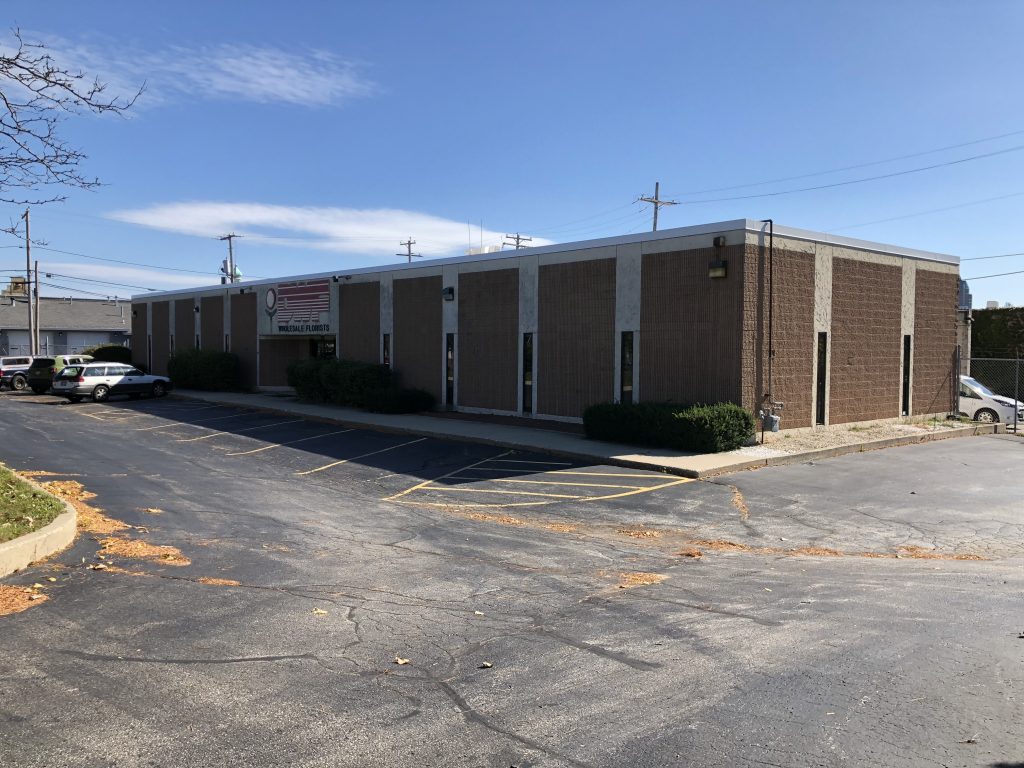140-Year-Old Florist Closing
DWF Wholesale Florists and its predecessors have Milwaukee roots going back to the 1870s.
A wholesale florist is walking away from the Milwaukee market after more than 145 years.
Denver-based DWF Wholesale Florists will shutter its Milwaukee facility, at 425 W. Walnut St., on March 1.
The company, in a letter to the Wisconsin Department of Workforce Development, says the closure will result in the elimination of eight jobs. Seven of the positions are paid on an hourly basis.
Originally a Milwaukee company, whose history goes back to the 1870s, it joined DWF in 1974 but, until 1987, was known as American Wholesale Florists of Milwaukee. Even earlier it was known as Holton and Hunkel, a locally-grown firm that acquired several smaller firms early in its rise.
Since 1989 it has occupied a 9,695-square-foot facility just outside of Downtown that it developed and continues to own.
DWF also operates locations in Albuquerque, Boise, Cincinnati, Dallas, Denver, Flint, Kansas City, Nashville, Omaha, Phoenix, Salt Lake City, Seattle, St. Louis and Toledo.
The 0.82-acre Milwaukee property, assessed for $497,200, is located at the northern edge of the Haymarket neighborhood. Until recently the area was dominated by one-story industrial buildings, but they have increasingly given way new development. The Milwaukee Public Museum will replace three such structures at the southwest corner of the neighborhood with its new museum. And just northeast of the DWF facility, the owners of Sid Grinker are pursuing a mass timber office building to replace a two-story structure.
It’s not the first time the neighborhood has seen dramatic change.
In September 1967, Mayor Henry Maier rolled up in a limousine to tour what was then a dilapidated home at the DWF site in pursuit of more funding for building inspectors. The same day, Congressman Henry Reuss held his own tour nearby to advocate for federal urban renewal funds to clear the area and its alleged overcrowding. Both got their wish; hundreds of near northside homes were leveled with federal funds. But only recently have city and county officials wrapped their arms around strategies to refill the lots.
Urban renewal has been part of the DWF history in Milwaukee for years. The company was previously located at 1114 N. Water St., currently home to seafood restaurant Lowcountry. In 1986, the Redevelopment Authority of the City of Milwaukee approved using eminent domain to acquire the property to allow David Uihlein to build a new office building as part of the Blatz complex. The building was never built, but DWF moved to the Haymarket.
DWF is the second Milwaukee florist to exit the market in recent years. Rojahn & Malaney operated from a riverfront site at 1005 N. Edison St., but the property was sold and demolished for an apartment complex that could be the world’s tallest mass timber building.
If you think stories like this are important, become a member of Urban Milwaukee and help support real, independent journalism. Plus you get some cool added benefits.





















